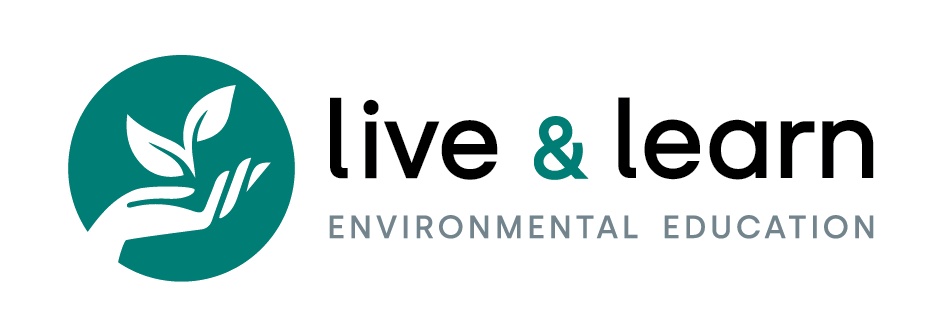On the first day of the Indigenous Knowledge Leadership Programme with each community, the Solomon Islands CRI team began with a traditional chupu – offering the community a pig and shell money.
This had a big impact on the participants, who stated that the team’s willingness to respect their cultural practice meant they in turn were willing to be open with their traditional knowledge.
This began an IKLP across each location that excelled in fostering generational knowledge exchange and a reinvigoration of traditional practices.

Each community selected their own teaching projects to work on. In Poposa, for example, young men and boys chose to learn about making traditional bows and arrows, spears and traditional netting. Women selected weaving baskets and fans and how to cook kakake.
These teaching projects will be integrated with pathways, such as incorporating the planting of pandanus, whose leaves are essential for weaving, in Poposa’s ecosystem restoration pathway.
But already the IKLP is having an impact.
‘The IKLP helped with passing the knowledge and skills to the younger generation,’ said Evalyn, an Indigenous knowledge holder from Waimaea. ‘I want the young women to know how to weave – I think it will have a lasting impact on the ones who have learned from us, especially my two students.’

One of these students was 24-year-old Halam, who said she would not have learned these skills without the IKLP. ‘The programme came and challenged me [about] the things I should have just learned but have overlooked,’ she said. ‘The programme will have a lasting impact on me.’
28-year-old Melvina agreed that the IKLP helped her learn things she would not otherwise have known.
‘This activity pushes me to learn,’ she said. ‘If CRI did not come with the IKLP, I would not have acquired these skills. The IKLP is a good programme – it brings us together.’

